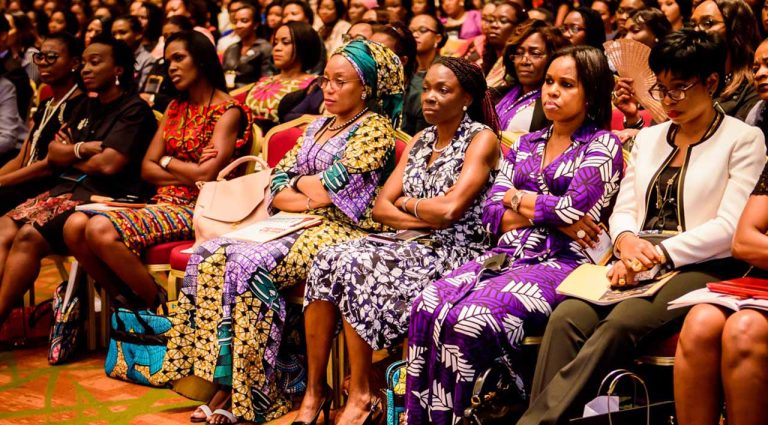Ahead of International Women’s Day 2024, the African Management Institute (AMI) in its report, revealed that targeted business support is beginning to close the gender growth and financing gap for Africa’s women entrepreneurs, amplifying job creation for women, although more is required to prioritize gender-mainstreaming in Business Development Support (BDS).
AMI in the report, titled, ‘Greenshoots for African female entrepreneurs – with a forest still to grow,’ underscored the importance of gender inclusion in BDS development, while revealing that women’s participation leads to better outcomes across sectors.
The reason according to the report is that African women business owners and entrepreneurs create more jobs for women. The report gathered that 63 per cent of job opportunities created by enterprises after AMI programming were filled by women, with female entrepreneurs responsible for 58 per cent of these jobs, despite making up less than half of the AMI cohorts.
The report also revealed that women upskill more women, leading to greater growth in business. It however said female entrepreneurs across Africa prioritise upskilling, benefiting both themselves and their teams.
“Additionally, the insights report covers the role of mentorship in facilitating women’s business growth. One entrepreneur, Margaret Mutie, a participant at AMI’s 2022 business growth programme, grew her enterprise 40% after learning how to communicate her vision to her team”, the report said.
Furthermore, the report revealed that gender inclusion makes business sense. It noted that African women produce 70 per cent of the continent’s food and have a stake in a large proportion of farm-to-fork businesses.
“At least, 47% of women-owned agribusinesses reported revenue growth following AMI programming compared to 40% for men. Half of the women also gained access to finance after BDS.
“Data from the insights report shows greenshoots on business growth and financing, with 39% of women entrepreneurs supported by AMI accessing finance in 2022 compared to 40% for men. Evidence from the report shows room to expand women’s business growth through BDS structures that prioritize: a women-first BDS design; the early engagement of women in BDS design; easy access for women; flexibility to include all women, including those that are marginalized; and the development of an ecosystem that fosters BDS continuity for women entrepreneurs”, the report added.
“Across our 10+ years working with thousands of businesses across the continent, we have sought to continuously expand our data collection and analysis capacity – translating to more informed BDS decisions.
“We are now rallying for a BDS approach that prioritises gender-mainstreaming, and we are unapologetically doing so because work is grounded in data, and the numbers tell us that supporting women in Africa to grow and strengthen their businesses yields major benefits for the entire continent,” said AMI CEO and Co-Founder, Rebecca Harrison.
